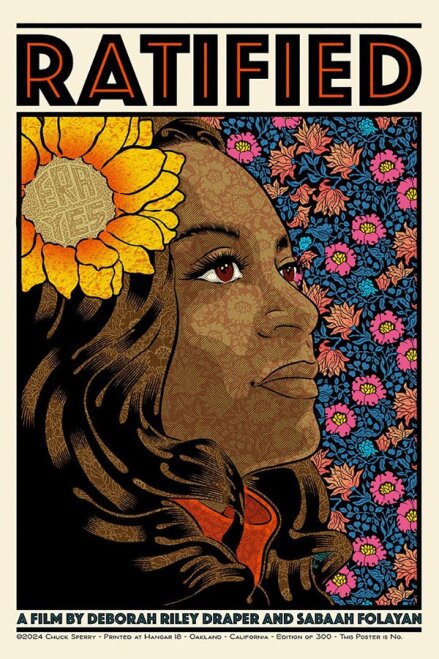Across the world, professional athletes are often considered role models, even heroes. The entire business of professional sports is geared around glorifying the players in order to boost viewing. This glorification process is eased by one fact: Sports stars are in natural positions for becoming heroes. Millions watch their every move. Spirits are lifted when they win and fall when they lose.
For generations, Americans have been enamored by football contests and the actions of the players. The NFL, which began in 1922, has grown into a corporate powerhouse that delivers entertainment, and a source of role-models or heroes.
When the strict rules of the NFL seemed to be disregarded by the referees, the glue that held football together began to unravel, and a part of American culture threatened to collapse.
“I think football is a huge part of our (national) identity,” said student Parker Smits. “Everyone in this country can relate to it. We can plan events around it, and it can bring together diverse groups of people that identify with the same team.”
That exact identity of football in our culture was challenged when the rules began to unfurl, and the performance of the players no longer determined outcomes of the games. It was like the players were being handicapped by the referees’ calls. How would the citizens of Rome reacted if their gladiators had all been one-armed? There was something missing in those weeks of officiating free-fall, and everyone who loved the sport could feel it.
For football fans, game-day is a time for excitement. But when the amateur referees loomed over the game, that exciting experience was altered. Frustration towards the referees was expressed because there is something deeply pressed into the human spirit which yearns to be engaged in victory and excitement. When the referees stepped in the way, committed obvious and sweeping blunders, we were not fulfilled, and left to feel empty. While this might sound dramatic, our happiness as humans has been influenced by the display of athletes for thousands of years.
Take the ancient Greek Olympics as just one example. The Olympic Games began in 776 B.C., and their traditions are still upheld today. The athletes who compete in the Olympics are regarded as national heroes because, through their actions, their country is represented.
Shezad Baloch, a student and native of Pakistan, supports the idea. “(Sports) represent their country, their place, where they were born,” Baloch said. “People feel proud of them.”
Another interesting point must be observed. An athlete often comes to represent one group of people. When that athlete struggles against another athlete, a conflict between two groups of people is symbolized by the meeting. Two opposing teams meet, and each side’s only effort is to defeat the opponent, as if two nations engaged in a battle.
Those who engage in battle are often revered for their courage, strength, and wisdom, and the relationship between hero-warrior and hero-athlete is closely linked in our culture, as if each football team were a miniature army that fights for the integrity of its homeland.
For all these reasons, people weren’t upset at the NFL just because they need to sit in front of their television for three hours every week. They were upset because the athletes are presented and received as heroes, thrust into the center of cheering stadiums to fight on the field.
Just as in many other cultures throughout time, America hunger for glory. We seek for it in many places, but easily identify it the sport of football. In the pursuit of glory, heroes and enemies will always arise, and we know that. We expect it, accept it, and in some way, we need it.
What’s hard to stand is when our heroes can’t amaze us any longer.


























